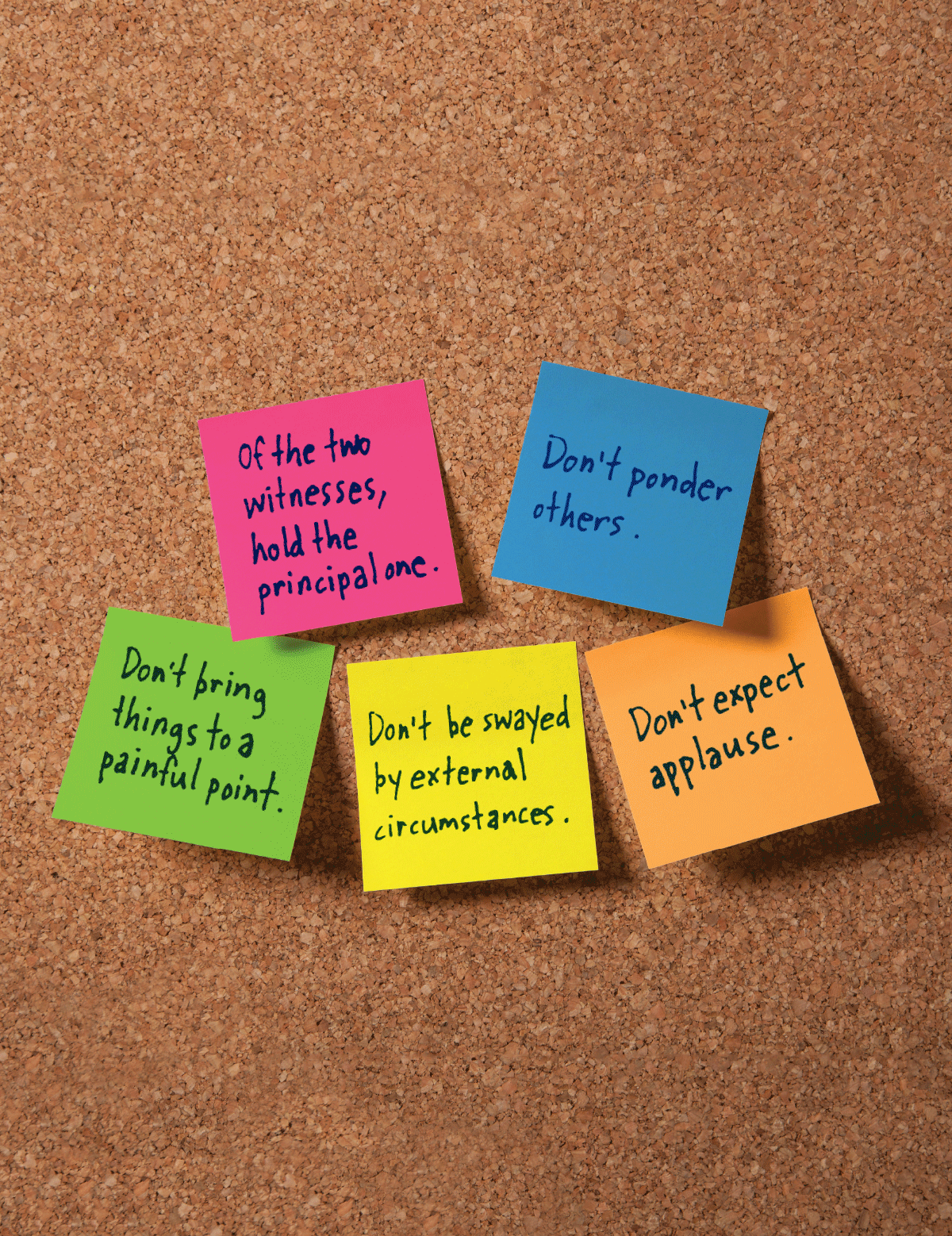I don’t know how or when you started your day. Me? I did what I nearly always do: petted the cat, reached for the remote, and waited for the weather forecast. The horrible news from Las Vegas is what I got instead.
I guess I’m lucky … I don’t think I know anyone in Las Vegas. But we’ll see … I may know someone who knows someone.
One thing that meditation has taught me: we are all connected. I sometimes think the opposite. “I’m just sitting here with the circus of my thoughts. Me. An island.” But I also notice that in my thoughts are relationships: anything or anyone that I imagine pulling closer to, and anything or anyone that I imagine pushing away from, is something or someone I am connected to. What I am imagining is, in fact, connection, and that connection comes before my ability to imagine it.
We are already connected. What makes me strong is the unconscious knowledge, built into the cells of my body and the wiring of my heart, that I am always drawing on you, the big You, the entire universe of people, animals, plants, planet and sun, to hold me up and you will never let me down. What sometimes makes me weak is the nagging conscious fear that I can’t explain how all of this works and so I never know if my ass is completely covered.
Sitting with others … just sitting … silent … just acknowledging with each breath, and each heart beat, that there is an unconscious web, beyond my ability to fathom … keeping me alive … is enough.
If you have a little time, please join me in the chapel tomorrow for meditation. If you cannot, please know that wherever you are, whatever you are doing, no matter what you think about your life, you are appreciated. This network of connection that sustains us is “love” by any other name.
You are loved.

